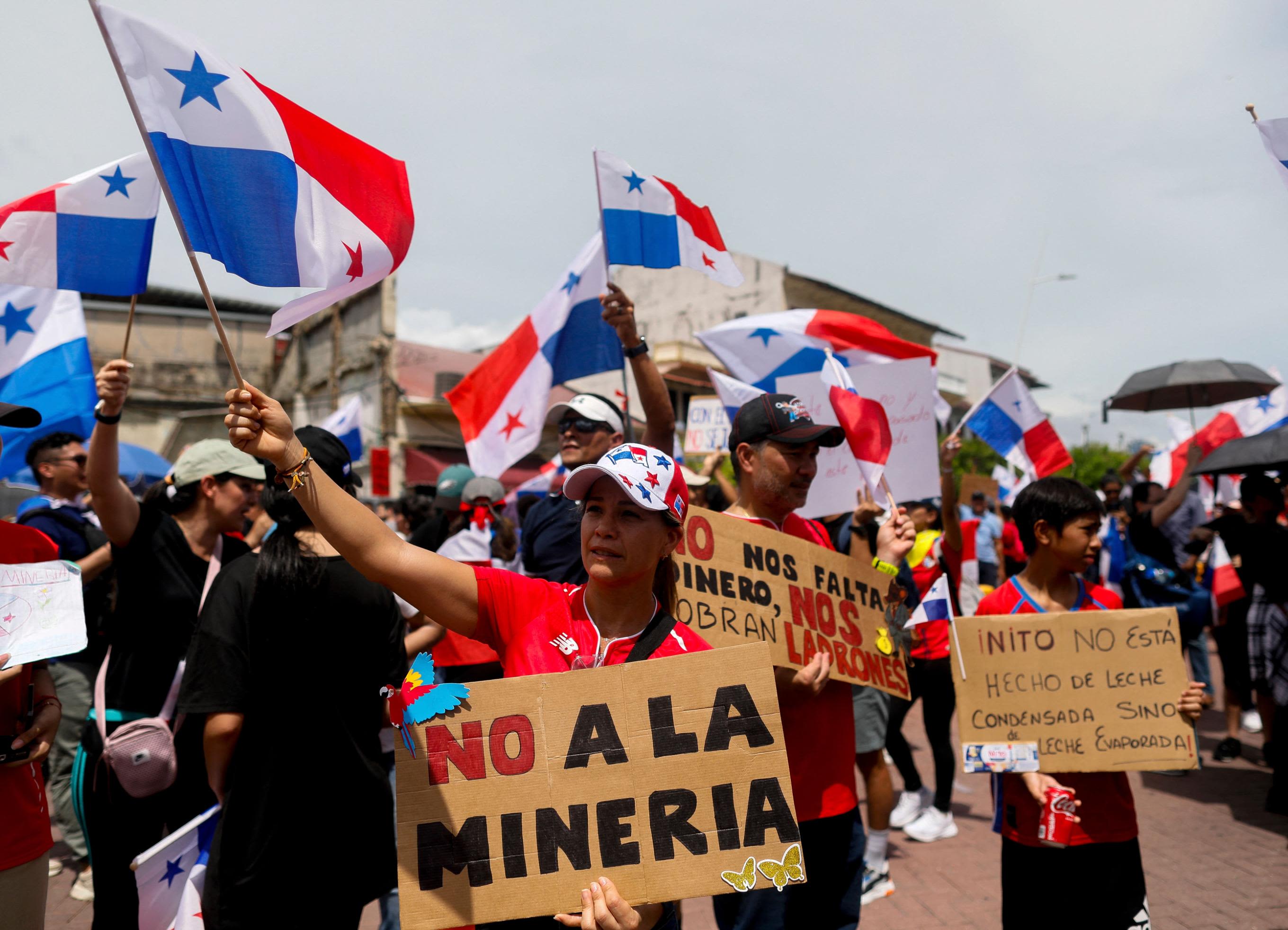On July 10, 2025, the escalating trade tensions between the United States and Canada reached a new peak as U.S. President Donald Trump announced a staggering 50% tariff on copper imports. Industry Minister Melanie Joly"s immediate response was clear and defiant: "We’ll fight against it. Period." This situation places Canada in a precarious position, especially given that the U.S. accounted for over half of Canada"s copper exports in 2023, valued at a significant $9.3 billion.
Trump"s Tariff Strategy Exposed
Trump"s declaration on his social media platform, Truth Social, frames this tariff as a necessary move to bolster American industry, claiming that copper is the "most used material by the Department of Defense." His message is clear: America will reclaim its dominance in the copper market, which he heralds as the "golden age" of American manufacturing. However, this rhetoric serves a dual purpose: it consolidates his base while engaging in economic nationalism that risks broader consequences for both nations.
Canada"s Economic Vulnerability
As reported by Natural Resources Canada, Canada exported over half of its refined copper to the U.S. in 2023, making it heavily reliant on this trade relationship. The Canadian economy, already grappling with the aftereffects of the COVID-19 pandemic, faces a critical juncture. Joly"s assertion that "every day we are in a tariff war" underscores the urgency of this escalating economic conflict.
\n\n
Meet the Trudeau protege who might one day have his job ...
Potential Fallout for Trade Negotiations
The timing of Trump"s tariff announcement coincides with upcoming trade negotiations set to culminate on July 21, with Prime Minister Mark Carney and Trump expected to sign a new trade deal. However, skepticism is rife regarding this timeline. American Ambassador to Canada Pete Hoekstra"s recent comments indicate uncertainty and a lack of commitment to finalizing the deal. In this chaotic atmosphere, the prospect of a constructive agreement seems increasingly tenuous.
Impact on U.S.-Canada Relations
The imposition of tariffs is not merely a technical trade issue; it reflects deeper ideological divides that permeate U.S.-Canada relations. According to U.S. Trade Policy, trade dynamics have been influenced by shifting domestic policies and economic strategies within the U.S. The aggressive stance taken by Trump is part of a broader trend of economic nationalism that challenges the principles of free trade and mutual benefit.
\n\n
Climate Protest – LeelaMaps
Legal Implications of Tariff Implementation
International trade lawyer William Pellerin believes that reaching a deal is possible if negotiations remain focused on a limited scope, such as security pacts. This perspective raises questions about the motivations behind tariffs and whether they are politically driven rather than economically justified. Trump"s ability to impose tariffs via executive action means he can also remove them just as quickly, depending on how negotiations unfold. The potential for a swift reversal exists but hinges on whether Canada can navigate these turbulent waters effectively.
In this high-stakes game, the implications are profound. The tariffs threaten not only the Canadian copper industry but also the fabric of cross-border trade relationships. As industries brace for impact, the ripple effects could be felt across both economies, exacerbating existing vulnerabilities. The question remains: can Canada mount an effective counter-offensive in this trade war, or will Trump"s economic nationalism prevail?



![[Video] Gunfire between Iraqi security forces and Sadr militias in Baghdad](/_next/image?url=%2Fapi%2Fimage%2Fthumbnails%2Fthumbnail-1768343508874-4redb-thumbnail.jpg&w=3840&q=75)
